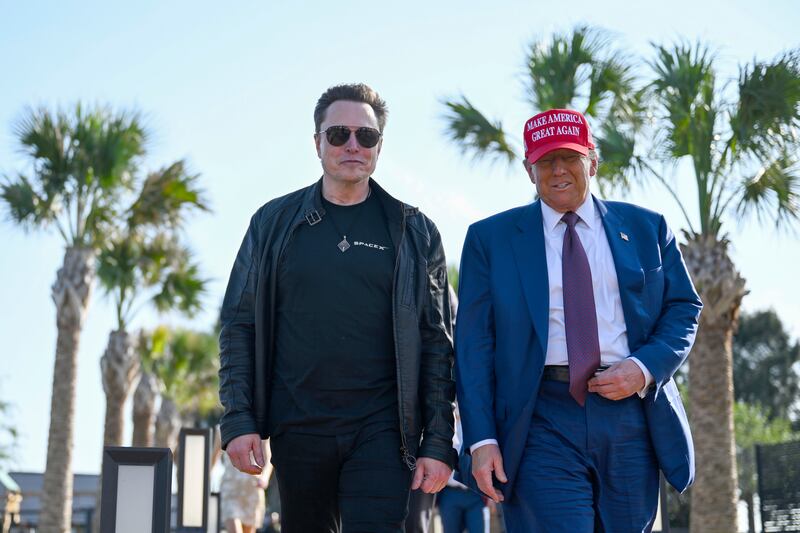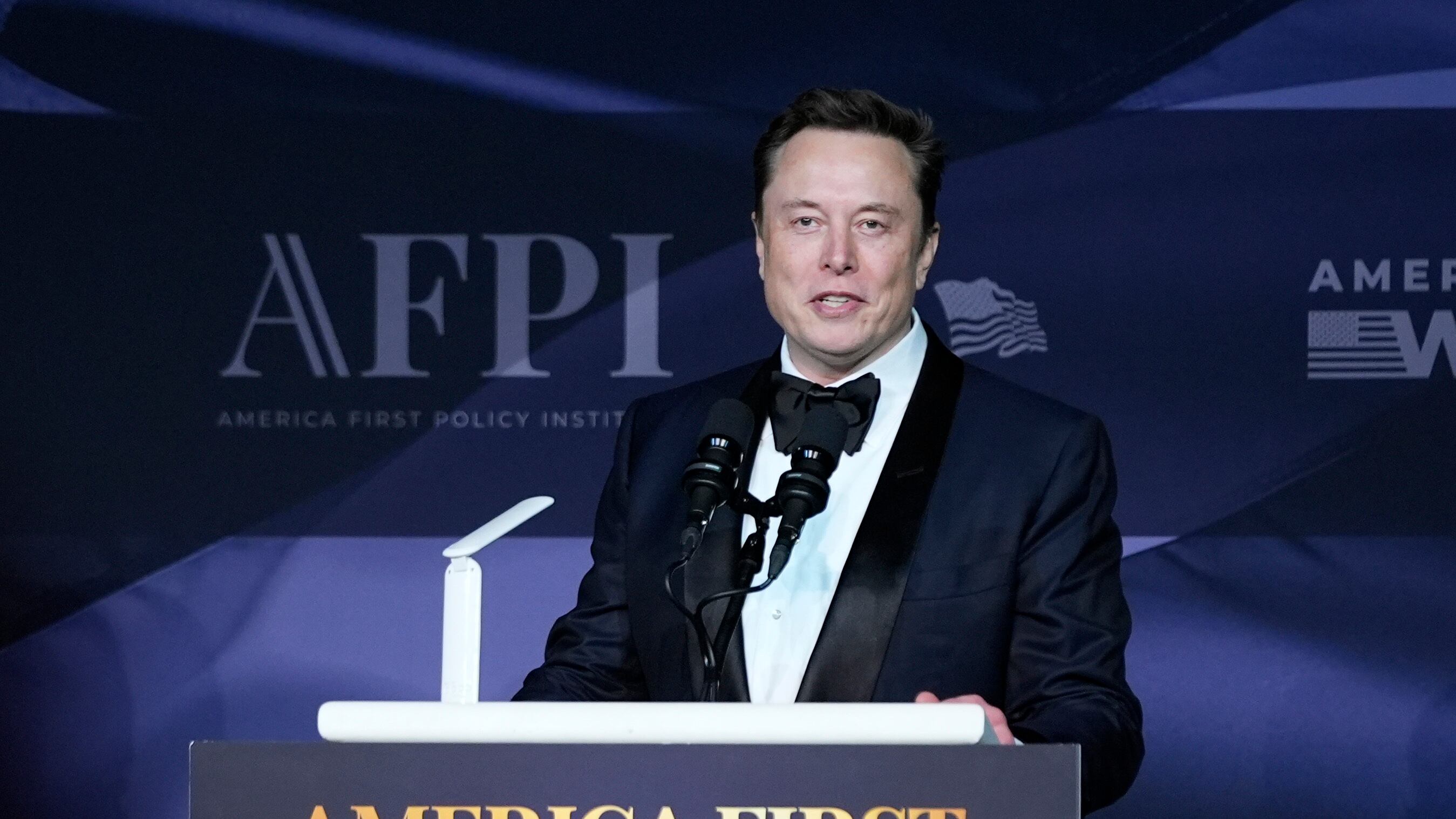Elon Musk, known for his controversial decisions and ability to generate controversy, has turned his attention to MSNBC, one of the main news channels opposed to former President Donald Trump. Over the past few weeks, Musk has used his X platform to criticize the outlet, calling it “puerile propaganda” and “the greatest scum on Earth.”
PUBLICIDAD
These statements have been accompanied by memes suggesting that the tycoon would be considering acquiring the news network. Although for many this may seem like a joke, Musk's track record suggests that these types of comments should not be taken lightly.
PUBLICIDAD
Elon Musk could buy media outlets that oppose Trump
Let's remember that, in 2022, your purchase of Twitter also began with what seemed like a casual comment and ended up becoming a sort of meme on all social networks. Now, your posts have increased speculation about the possibility of you seeking to expand your influence in traditional media.

On the other hand, MSNBC is not officially for sale. However, the network is part of a restructuring by Comcast, its parent company, which plans to separate several of its channels into a new entity called "SpinCo." This move has generated uncertainty, as it could open the door to future sales if tax conditions allow it.
Meanwhile, liberal figures have shown interest in acquiring MSNBC as a way to maintain its progressive focus. This reflects a growing concern about "media capture," a strategy used in countries like Hungary, where billionaires allied with conservative governments have acquired private media to control their narratives.
Media freedom in danger
The possibility of Musk buying MSNBC has sparked mixed reactions. Some, like Donald Trump Jr., have openly supported the idea, considering it a strategic move to counter the channel's liberal stances. Others, however, see this as part of a broader strategy by Musk to shape public opinion both online and offline, as he has done with X.
Although the sale of MSNBC does not seem imminent due to tax and strategic implications, the situation highlights the growing interest of billionaires in influencing the media. In an increasingly polarized political context, any move in this direction could have profound implications on how news is consumed and perceived in the United States.
